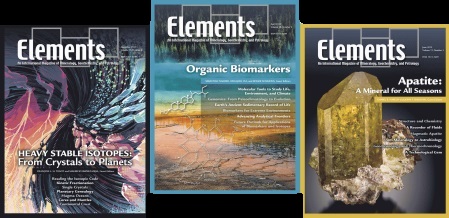Proteins have long been recognized as important compounds in the biogeochemical cycles of terrestrial ecosystems. They can, for example, provide a source of nitrogen for plants and soil microorganisms following proteolysis and ammonification. Extracellular enzymes liberated in soil are essential catalysts in the mobilization of carbon, nitrogen, phosphorus and sulphur from macromolecular organic matter. Proteins are also implicated in new environmental topics, such as soil carbon storage, horizontal transmission of spongiform encephalopathies and potential negative effects of insecticidal toxins released from transgenic plants.
This content is for Registered members only. To subscribe, please
join one of our participating societies or contact the Editorial Team.

